Today, we will discuss the Yamaha R-N800A Network Receiver. This article will primarily discuss my impressions of the R-N800A regarding build quality, look and feel, and sound quality. If you prefer watching our YouTube video on the R-N800A click the image below.
We have a lot to cover, so buckle up, and let’s talk about why you should consider this network receiver for your home budget hi-fi system with sound quality that punches above its price!
There are so many great features built into the Yamaha R-N800A, none of which would matter if it didn’t also sound great with excellent tonal balance, dynamics, and imaging at this price, which is only $1199.95 However, the integrated amplifier does go on sale for under $1000 making it an even better value.
According to the manufacturer, The R-N800A uses what Yamaha calls Total Purity Audio Reproduction Technology with a symmetrical and direct circuit, with each receiver using a unique resin frame that absorbs and isolates unwanted vibrations along with their anti-resonant feet.
The very good internal DAC is a Sabre ES9080Q capable of up to 384kHz/32-bit and DSD 11.2. Or, if you want to achieve a higher quality of sound staging and resolution, you can run a more expensive DAC into the R-N800A, which I did for fun with my Chord Hugo TT2. It’s completely unnecessary; however, it does allow for a different listening experience from your off-the-shelf Sabre DACS.
However, I was more than satisfied with the internal DAC and Amplifier Synergy, and for someone looking to obtain a one-box solution, the R-N800A is very attractive at this price. Another selling point for the receiver is the YPAO Hi-Fi listening room correction system, which allows the user to match two speakers and take measurements in your room with the included microphone without any significant loss of dynamic headroom.
In my main listening room with my Sonus Faber Olympica Nova V towers, I have invested quite a bit in sound treatment, so the YPAO made less of an impact in this room; however, it still did clean up the low end a tiny bit, even if it was less noticeable than my casual listening room.
In my more casual listening room with my Klipsch Hersey IV speakers, I have very little room treatment in place, and the YPAO Reflected Sound Control system made a more significant difference in this room, helping to clean up the lower frequencies, allowing for more focused imaging and sound stage accuracy.
I usually run a Marantz 40n Network Integrated amplifier in this room, and while both units have physical tone controls, the Yamaha, for less than half the price of the 40n, has room correction.
Yamaha has done a good job incorporating their MusicCast platform, which is where you will find the YPAO and Precision EQ Yamaha offers, also allowing you to listen to most all popular streaming services through your iOS or Android device as well as Vinyl, TV, CDs, and other sources connected to the R-N800A can send that music signal to other MusicCast devices for listening in your home.

Much like Marantz’s HEOS streaming platform, the MusicCast streaming platform for Yamaha does a good but not great job for multi-room streaming and user interface. Neither app is my favorite, but guess what? The R-N800A is Roon-tested and works superbly with Roon, elevating your listening experience if you are a Roon subscriber.
So the R-N800A is flexing on the competition, including so much value as an integrated amplifier, network streamer, and DAC, with room correction! Unfortunately, no HDMI ARC is available in this model. If you want to connect the R-N800A to your TV, you have an optical connection instead of the more expensive HDMI ARC.
To have HDMI ARC along with some other great features, you will need to jump up to the R-N1000A, which also comes with a double-bottom chassis with a thick iron-damping plate, which helps to eliminate vibrations further.

Stepping up to the Yamaha R-N1000A also gets you hand-selected higher-quality parts with a custom-made transformer, block capacitor, one-point grounding, gold-plated terminals, and a few other design choices that deliver better sound performance for $1799.95.
The more affordable R-N800A speaker terminals, which use pure brass, feel a bit cheap and are one of the areas of the amplifier I will nitpick, but for around $1000, I am most definitely nitpicking.
The other area of the amplifier that I will call out is the Moving Magnet phono input. It sounds ok, and don’t get me wrong, I am happy they included it at this price, but it is not the end-all in sound quality. If you are a heavy vinyl listener, you will be better served by a dedicated phono or possibly looking higher up in the Yamaha lineup.
The reason the Yamaha R-N800 is called a Network Receiver and not an integrated amplifier is not apparent at first glance, as the R-N800A includes an AM/FM Radio receiver for those who still enjoy the Radio.
Looking at the front of the R-N800A, you will see a small and tough-to-see from a distance but well-implemented display, the power button, a ¼” headphone output, the YPAO Mic connection, speaker selector, input selector, Tone controls for bass and treble, balance control and a loudness adjustment.
You also have your preset button for saving custom presets, the connect and return button for getting the networked receiver online, and lastly, the volume control and pure direct mode button, which enables the music signal to take the shortest possible circuit route, taking any tone, loudness, and balance controls out of the equation, helping to eliminate potential signal degradation from the signal path for a pure listening experience.
Turning the R-N800A around, you will see three analog inputs, one for CD or an external DAC and two other line inputs. Underneath those inputs, you see the Phono input. Next to the phono input, there is an analog preamplifier out for connecting to a different or more powerful amplifier! Another feature the Marantz 40n is missing for more than double the cost of the Yamaha!
Next to the preamplifier output, you have the FM and AM antenna inputs, a 12-volt trigger, and a subwoofer output! For Digital ins, you have two optical, two digital coaxial, and a USB with an ultra-precision dedicated crystal clock installed to improve the signal accuracy of the USB DAC.
Next to the USB, you have the ethernet network port, the wireless antenna, and service ports with speaker terminals designed for 4-8ohm speakers. According to Yamaha, the R-N800A has a rated power output of 100 watts per channel at 8 ohms and 120 Watts per channel at 6 ohms using Class A/B amplification! No Class D sound will be found with this little gem.
The R-N800A weighs about 25 lbs and is 17 1/8” wide by 6” high by 15 ½” deep. With the Wi-Fi antenna up, the overall height is slightly over 9 inches.
I listened to the R-N800A with my reference Olympica Nova V towers, my Klipsch Hersey IV, as well as my KEF LS 50 Meta speakers, and honestly, I was highly impressed how such an affordable component could sound good for all of my speakers for only around $1000-$1200!
I will not say it’s a giant killer, or it will outperform my reference solid-state amplifier from a build and sound quality perspective, the Michi X3, which is nearly four times the price. Still, for its price, the Yamaha delivers such enjoyable sound and value, something I am happy to see with so many other manufacturers holding back features that should be included in integrated or network receivers in 2024. I applaud Yamaha for digging deep to deliver for music lovers at a very reasonable price.
So if you are in the market for a reasonably priced integrated amplifier that also incorporates network streaming, am/fm radio, vinyl playback, tone control, EQ, and room correction in one easy-to-use component, you really should check out the new line of Yamaha Network Receivers like the R-N800A.
As always, we recommend listening to all audio products yourself, as we all hear a bit differently, and the only person who should tell you what type of sound signature to love is you!
A big thanks to Yamaha for sending the R-N800A out for me to check out, and I am now very curious to get my eyes and ears on the more expensive Yamaha R-N2000A network receiver as it directly competes with my reference Michi X3 integrated amplifier when it comes to price!
If you are interested in trading up your old headphones, amplifiers, or other gently used audio gear for a new set of headphones or a new amplifier, check out our trade-up program, and don’t forget we will price match, other authorized dealers!
We have some cool videos coming this year with new product announcements, so please consider subscribing to our YouTube channel today! From $150 earphones to multi-million-dollar home audio, cinema, and automation systems, TSAV is a HiFi enthusiast's paradise for building the system of your dreams.
So, let’s start the conversations in the article comments on what you think of the new line of Yamaha Network Receivers! Have you heard them in your favorite HiFi store yet? If so, what do you think? Until next time, friends, remember, let the music be your guide!

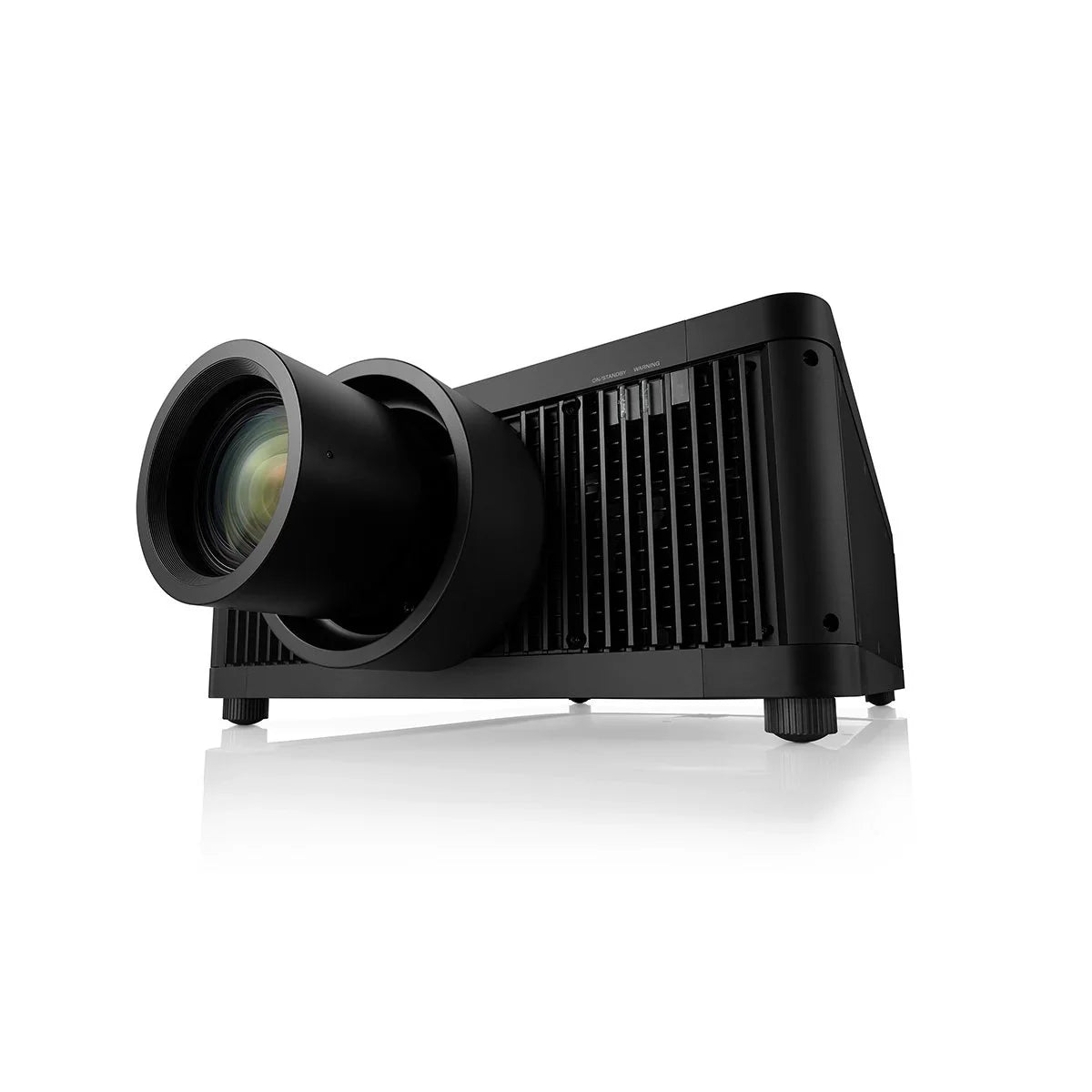
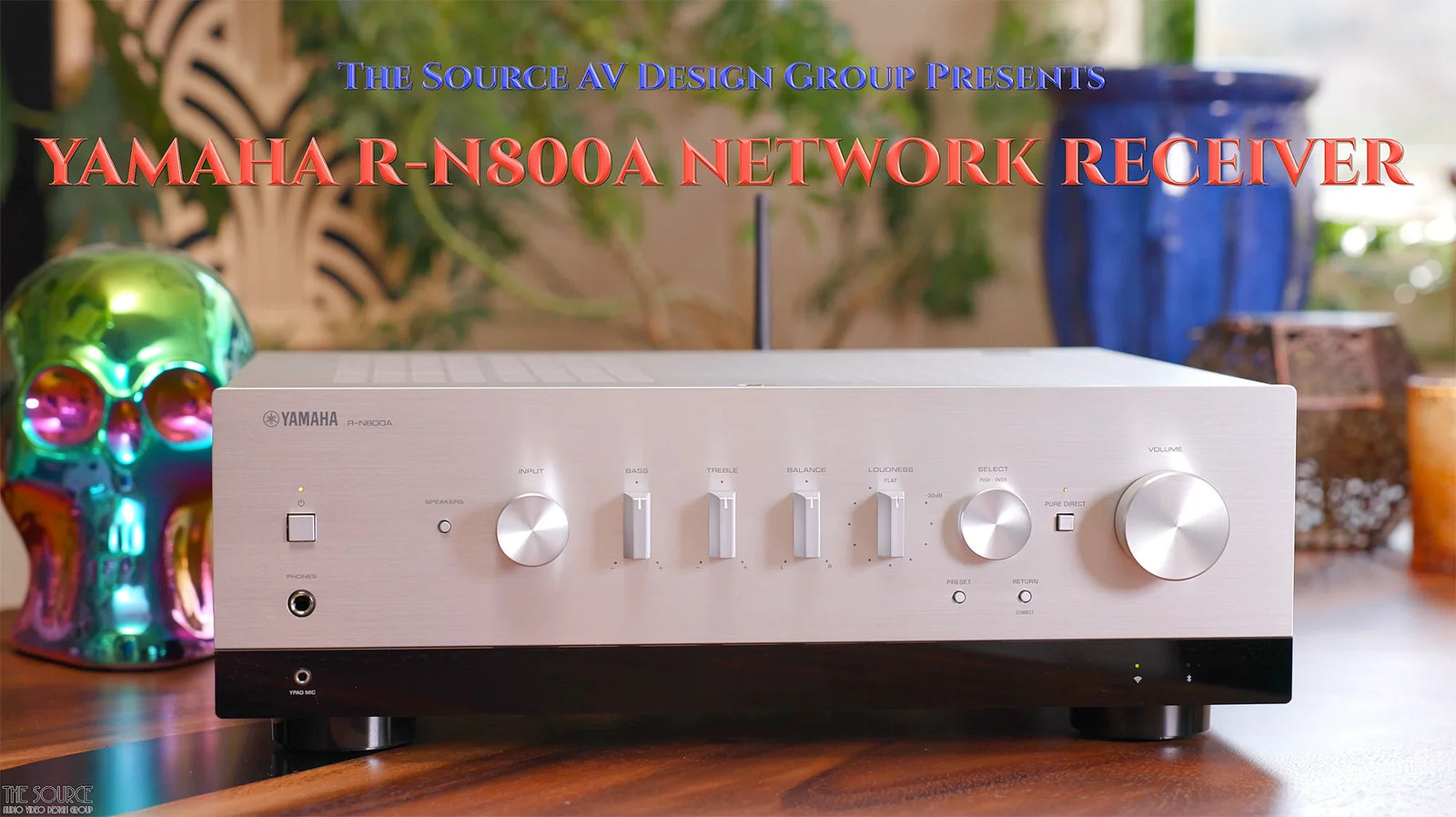







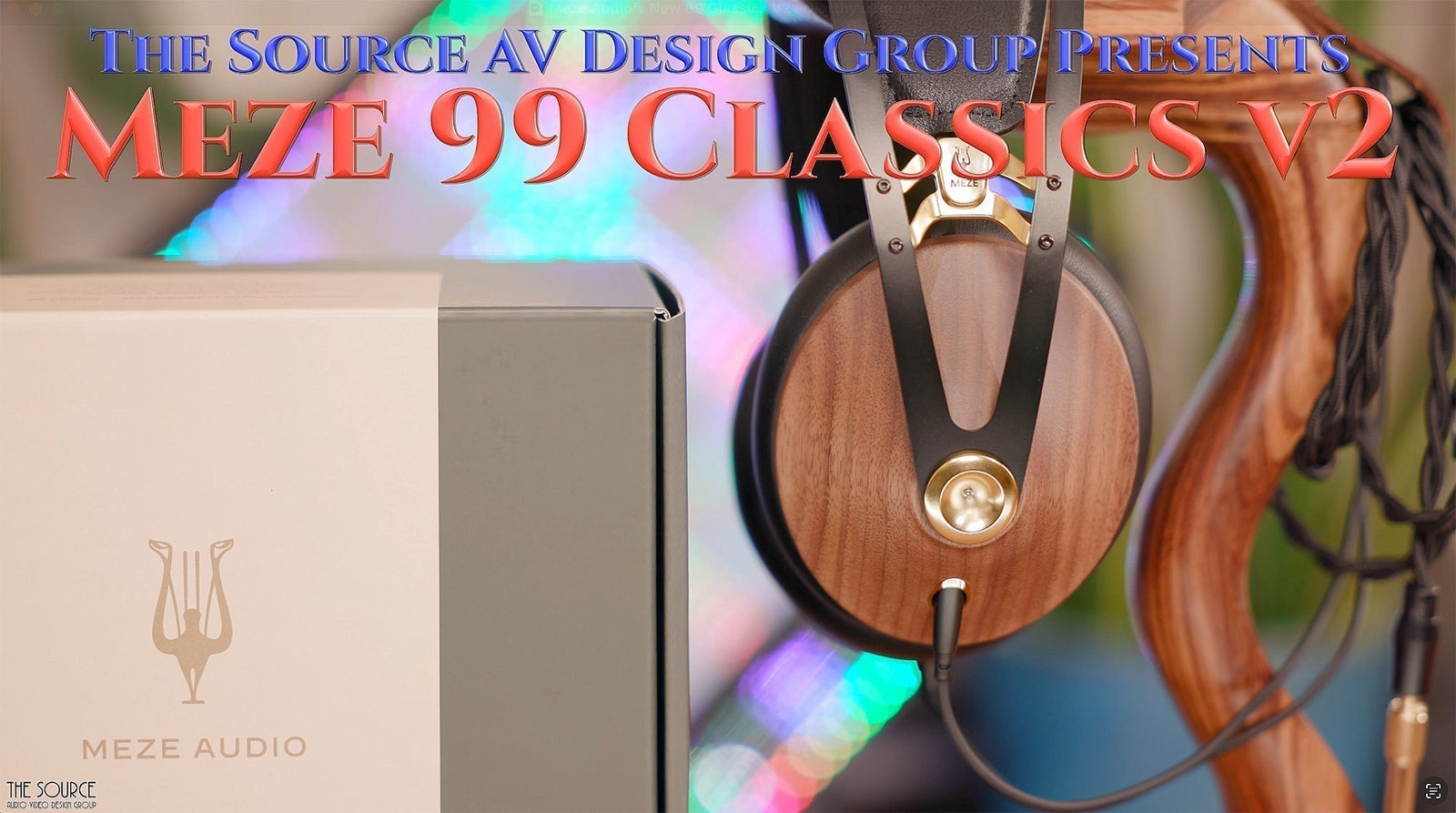
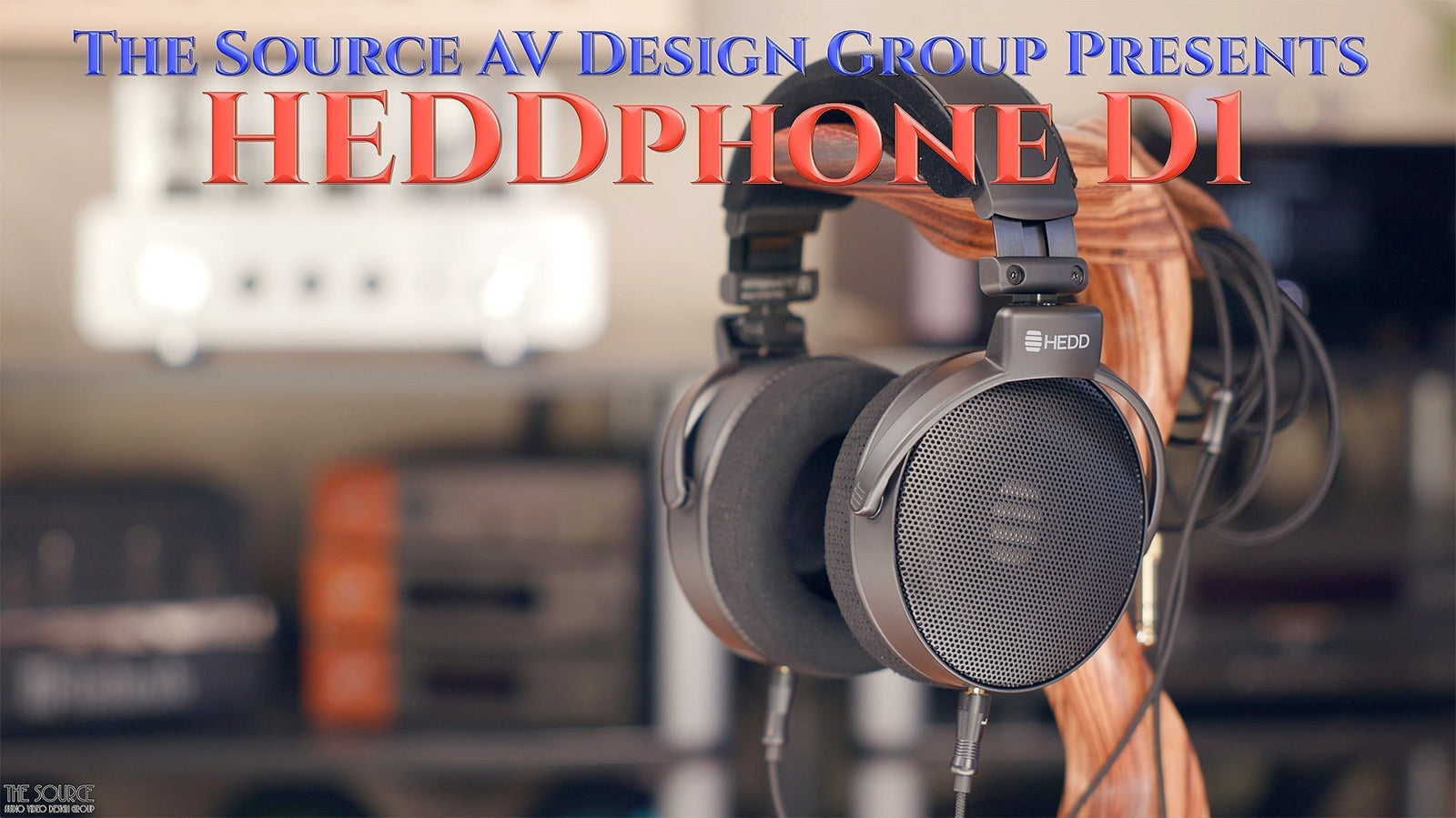
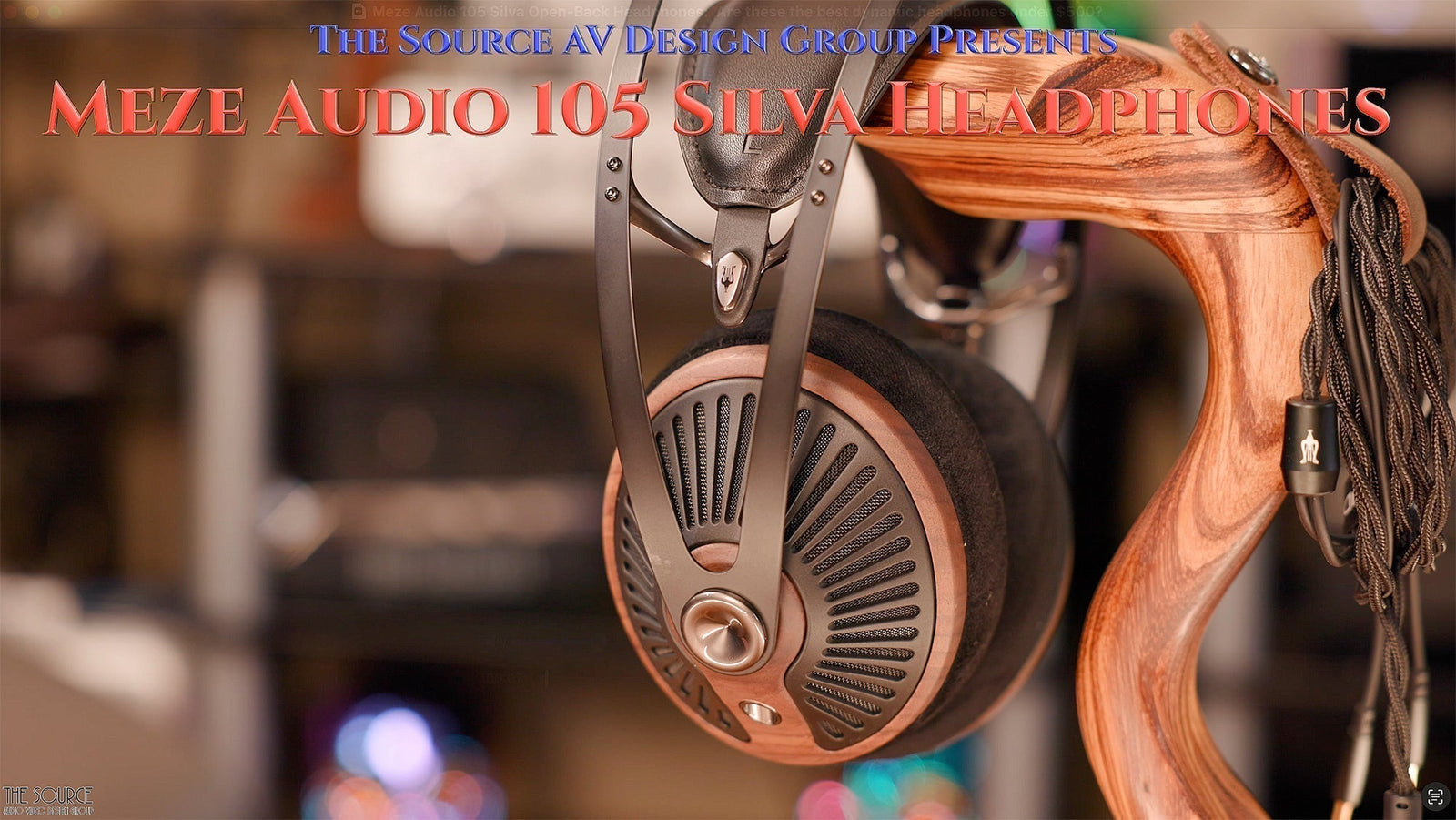
Leave a comment (all fields required)